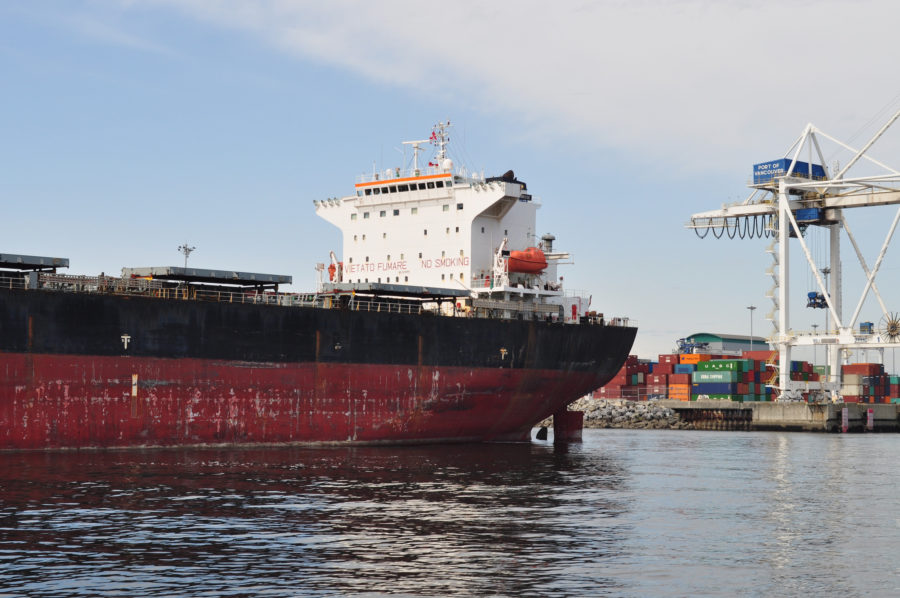Last week, a federal court in Canada gave a rare sliver of good news to a coal export project outside Vancouver, BC, that had been beaten down by years of disappointments.
The court rejected a petition by two community groups to overturn a permit for the proposed Fraser Surrey Docks (FSD) coal terminal on the banks of the Fraser River. The ruling certainly came as a blow to the groups, and for the nearby municipalities who joined in support for their petition. They’re still considering their options, and may appeal.
But a few news reports read too much into the court’s ruling, some going so far as to call it a “green light” for the project. The truth is that Fraser Surrey Docks still faces a host of logistical, financial, and legal hurdles.
Let’s look at some of those hurdles, shall we?
First off, the project still doesn’t have all of its permits in hand. Crucially, FSD’s backers haven’t applied for a critical permit from Metro Vancouver. And even if they do apply for that permit, there’s no guarantee that they’ll get it: continued citizen pressure, coupled with strong opposition by nearby municipal governments, could keep the permitting process tied up in knots.
Second, it appears that the coal terminal plans for the site are in flux. Last fall, Fraser Surrey Docks announced that it was considering two massive terminals for grain and potash at the same facility. The two proposed facilities don’t appear to use the same land as the coal terminal, but having three bulk commodity operations moving tens of millions of tons of three very different commodities in a small space will likely create logistical clashes. In fact, there was some speculation last fall that the potash plans might spell a death sentence for the coal terminal.
Third, FSD faces some serious shipping challenges: the river channel simply can’t accommodate the enormous bulk carriers that substantially reduce the costs of shipping coal to Asia. These vessels are simply too tall to fit under the existing Fraser bridge, and their drafts too deep for the Massey Tunnel. Last spring, BC’s provincial government launched a $3.5 billion bridge project that could have given larger vessels access to the site. But in September, the newly elected provincial government quashed the bridge, halting construction pending an independent technical review. Without that bridge, the Westshore terminal—an existing coal export terminal that can service giant bulk carrier ships—will probably have a financial leg up over Fraser Surrey Docks.
Fourth, the new coal project faces serious financial challenges. The Westshore terminal already has spare capacity for thermal coal shipped out of the US—which is the same market that FSD was targeting. In fact, one of the main US exporters, Cloud Peak Energy, has signed a contract to ship through Westshore through 2024, and would only turn to FSD if international demand exceeded the company’s quota at Westshore. But Asian demand for US thermal coal is fickle. Cloud Peak has lost more than $160 million on Asian exports over the past few years: the company made shipping commitments just before the bottom dropped out of Pacific Rim coal markets. And even though international coal prices spiked a bit last fall, prices seem to be coming down again, and futures markets suggest that prices will drop rapidly, pushing North American thermal coal out of the money within a year or two.
In short, despite the results from the court case, FSD is far from a done deal. The project still faces serious challenges—and is nowhere near getting the “green light” that some media accounts have claimed.

